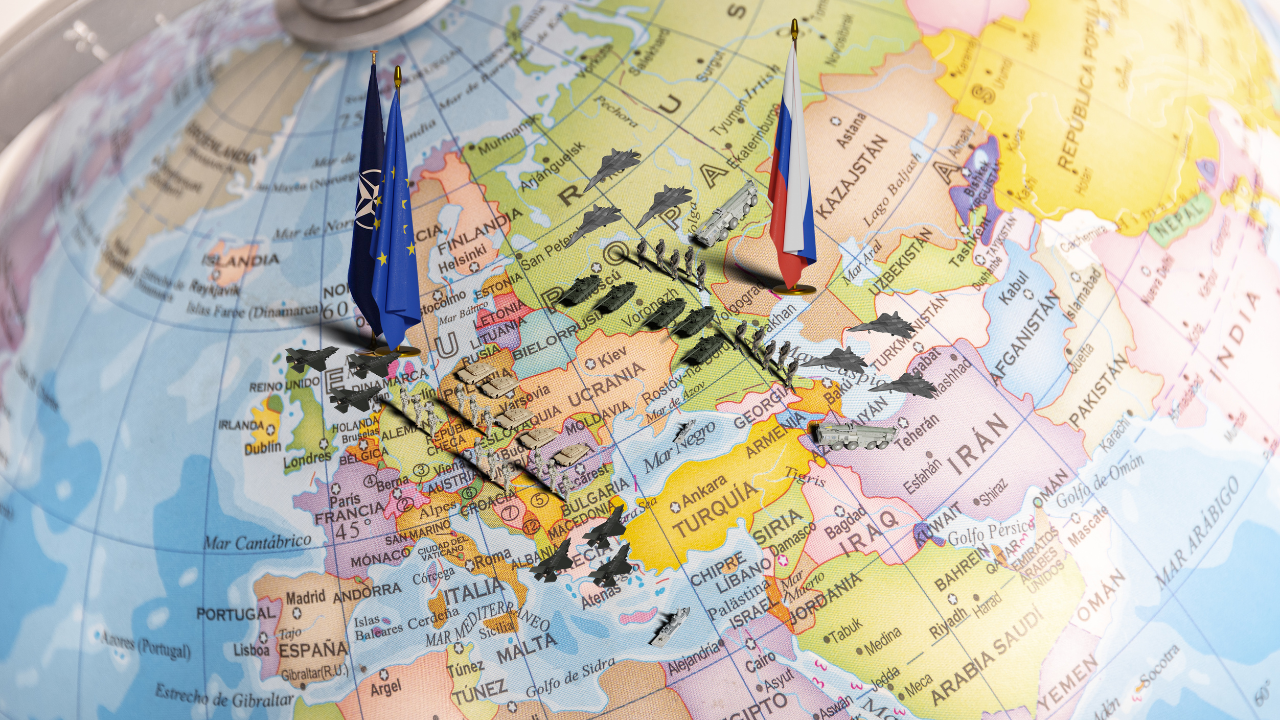“Friendshoring” is becoming the hottest catchphrase in the global supply chain. A cousin of “reshoring” and “onshoring” and a sibling to “nearshoring,” the term refers to the relocation of supply chains to where the risk of disruption from political chaos is low.
Former deputy administrator of the United States Agency for International Development (USAID) Bonnie Glick was the first to come up with the strategy.
At the height of the complex sourcing for essential medications during the pandemic, Glick said that U.S. companies should consider moving their productions to countries aligned with Uncle Sam’s interest.
The idea immediately caught fire. Even the U.S. government started bringing it into their speeches. Last June, the White House included “ally and friendshoring” in a report on building resilient supply chains. Later that same month, U.S. Secretary of the Treasury Janet Yellen spoke about friendshoring on a trip to Toronto, Canada.
Willy Shih, a professor at Harvard Business School who studies supply chains, thinks that friendshoring is “more practical” than onshoring. “It’s a recognition that we can’t do everything ourselves in this country,” he said.
Including geopolitics in a company’s risk calculations, added Shih, is a good thing, especially after China’s zero-COVID policy and Russia’s invasion of Ukraine.
How can one determine who their friends are?
Still, friendshoring raises a few complications. For one, relocating to allied nations could make products more expensive. At the same time, how can one determine who their friends are?
The United States alone has kept complicated relationships with other countries. Among them is the Kingdom of Saudi Arabia.
In the last couple of years, U.S. President Joe Biden went from calling Saudi Arabia a “pariah” to fist-bumping Crown Prince Mohammed bin Salman to vowing that the kingdom would face “consequences” for teaming up with Russia to raise oil prices.
Even the World Trade Organization said friendshoring could split the trading blocs between the Eastern and Western regions. In turn, the global gross domestic product (GDP) could drop by five per cent, with emerging economies shouldering most of the cost.
Raghuram Rajan, a business professor at the University of Chicago and former governor of the Reserve Bank of India, also wrote a takedown of friendshoring on Project Syndicate’s website.
He stated that friendshoring “is an understandable policy if it is strictly limited to specific items directly affecting national security.”
“Unfortunately, the term’s public reception already suggests that it will be used to cover much else.”
How about you? Do you think friendshoring will strengthen the global supply chain, or will it put a damper on globalization?

 Independent
Independent





















